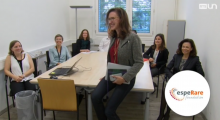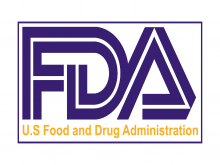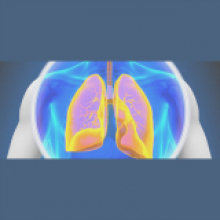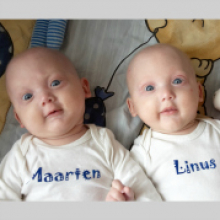EspeRare and Edimer Pharmaceuticals Inc. announced today that they have entered into an agreement for EspeRare to receive the full rights to continue the development of ER-004, an innovative therapy for X-linked Hypohidrotic Ectodermal Dysplasia (XLHED), a rare genetic disorder. EspeRare will be relaunching a clinical trial in the first half of 2019 geared towards generating evidence for marketing approval. These efforts will benefit from the EMA’s PRIME (PRIority MEdicines) scheme, due to the rarity of the disease, the absence of alternative treatment options and the encouraging results obtained in babies treated prenatally by Prof. Holm Schneider. This leading German paediatrician and specialist in XLHED pioneered the first successful “in utero” therapeutic administrations to affected fetuses at the University of Erlangen-Nuremberg. As highlighted in the recent New English Journal of Medicine (NEJM) publication, the results indicate that antenatal administration of ER-004 has the potential to address some of the most severe and costly symptoms of XLHED (N Engl J Med 2018; 378: 1604-1610). The Ectodermal Dysplasia International Network Co-Chairwomen, Diana Perry and Ulrike Holzer, said: "We are delighted EspeRare is relaunching this programme following Professor Schneider's very exciting results. The Ectodermal Dysplasia community fully supports this programme and looks forward to working closely with EspeRare, Professor Schneider and our members around the world."
“This is such an exciting time for the EspeRare team which warmly thanks all of its supporters who contributed greatly to giving a second life to this therapy, bringing back hope to the XLHED patient community” said Caroline Kant, Founder and CEO of EspeRare. She added that “This innovative treatment approach has the potential to fundamentally change the lives of these patients and may also pave the way for other prenatal treatments to correct genetic diseases before birth.”
About XLHED
XLHED is a rare disorder resulting from genetic mutations in the gene EDA. Patients affected by XLHED are at risk for life-threatening hyperthermia based on their inability to regulate body temperature, and for clinically-significant pneumonias resulting from their abnormality in respiratory secretions. Cardinal signs and symptoms in XLHED include strongly diminished or absent sweat, reduced and abnormal airway secretions, few and often misshapen teeth, and absent or sparse hair.
XLHED patients who survive infancy are predisposed to atopy, presenting with eczema and asthma, chronic sinusitis, recurrent nose bleeds, and dry eye complications. Almost uniformly, they require dental interventions including early prostheses and implants. Their susceptibility to hyperthermia impacts normal participation in outdoor activities, sports and school attendance. Medical, quality of life and self-esteem issues are life-long in this disorder. As is generally true with X-linked inheritance, males are fully affected while females are variably affected.
For further information on XLHED, please visit this website.
About the therapy
ER-004 is a recombinant Ectodysplasin-A1 protein (EDA1) initially engineered in Lausanne, Switzerland, and further developed by Edimer Pharmaceuticals, Inc. This synthetic equivalent to EDA1 acts as a substitute for the dysfunctional protein in XLHED patients to potentially induce normal development of key ectodermal structures such as sweat glands, teeth and hair.
It is the first and only treatment specifically targeting XLHED. Administered at the right time during foetal development, it has the potential to become a “single course” treatment, effectively switching off symptoms of the disease throughout patients’ lives.
Press releases
Please find here the full press release in English, in German and in French.




















